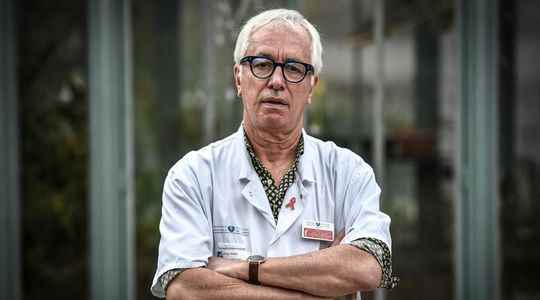“One Health”: before the Covid-19 crisis, no one in the public space had heard of this concept. However, the idea of ”one world/one health – one planet/one health” appeared in the early 2000s, supported by the World Organization for Animal Health (OMSA), the World Health Organization (WHO ) and the Food and Agriculture Organization of the United Nations (FAO), was until then the prerogative of a handful of specialists – infectiologists, climatologists, anthropologists, ecologists, veterinarians…
Its objective is simple: to strengthen the links between human health, animal health and the prevention of environmental risks, to reduce transmissible diseases, in particular those which pass from animals to humans (zoonoses). Successive sequences of unforeseen or unpredictable health crises, such as “mad cow disease”, H5N1, Ebola, and now Covid-19 and monkeypox, have shed light on this concept. All are, in fact, related to animal outbreaks and environmental changes. Scientifically, this priority is indisputable: 60% of human infectious diseases are of animal origin, 40% of crop losses are caused by communicable diseases and 20% of global animal production losses are linked to pathogens, according to data. of INRAE, the national research institute for agriculture, food and the environment.
In fact, more and more politicians are taking up this question. The government’s roadmap to face the challenges that our country must face in terms of health and prevention seems to endorse three priorities. First, of course, the need for a “search for meaning for caregivers, the health crisis having been a frontal shock for the hospital and its partners”. Then, the improvement of “our preparation and our responses to health risks in a logic of global health”. And, finally, the endless fight against territorial inequalities in health and medical deserts. A consensual triptych which now remains to be inscribed in reality: saving the public hospital, promoting “One Health” and combating medico-social inequalities.
A new board dedicated to overall health
At the same time, following the self-dissolution of the Scientific Council and the Vaccine Strategy Steering Committee (Cosv), the executive set up a new committee more broadly focused on emerging risks, at the beyond just infections. This is how the immunologist Brigitte Autran was appointed head of a “committee for monitoring and anticipating health risks”. The creation of this entity is a drastic change in culture and in itself represents good news. Especially since research follows the same movement with the extension of the missions of the National Agency for Research on AIDS (ANRS) to emerging diseases, with the budget accordingly.
The field of action of this new council, supposed to guide public policies, which is being set up, will be largely dedicated to global health. Its work will undoubtedly be easy on the scientific level, since its constitution will be able to play the card of multidisciplinarity and decompartmentalize the disciplines, unlike the Covid-19 scientific council. We remember, in fact, how little veterinary experts and environmental specialists have been associated with the management of the coronavirus crisis. On the other hand, its political declension will be more complicated, as the theme “One Health” essentially affects the interministerial, even the international.
To be put into practice, it requires full coordination between the Ministries of Health, Ecological Transition, Economy, Agriculture, and even Defense if we refer for example to the ” defense secret” which surrounds the stocks of vaccine doses against smallpox and of Tecovirimat, the only drug currently available against monkeypox. It will also be necessary to mobilize all sectoral public policies, from national to territorial. But the Covid experience has shown us that what is scientifically demonstrated is not necessarily politically intelligible.
Gilles Pialoux is head of the infectiology department at the Tenon Hospital in Paris.
